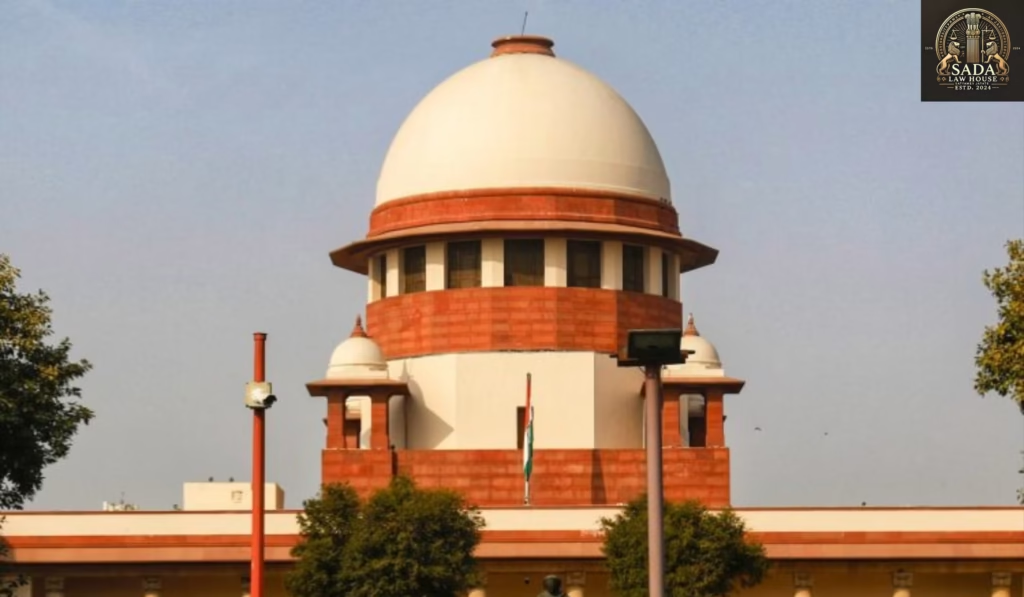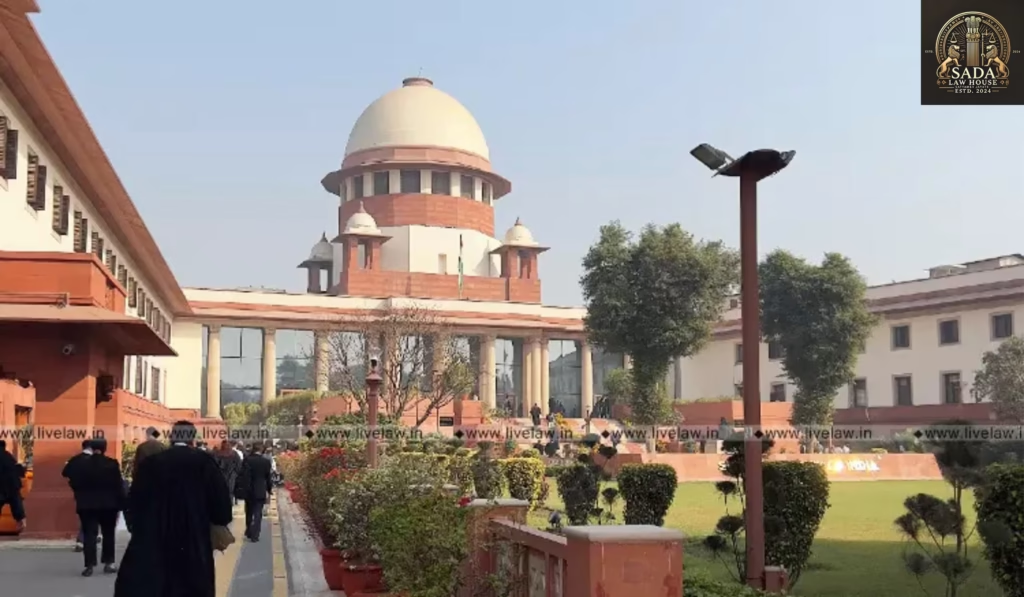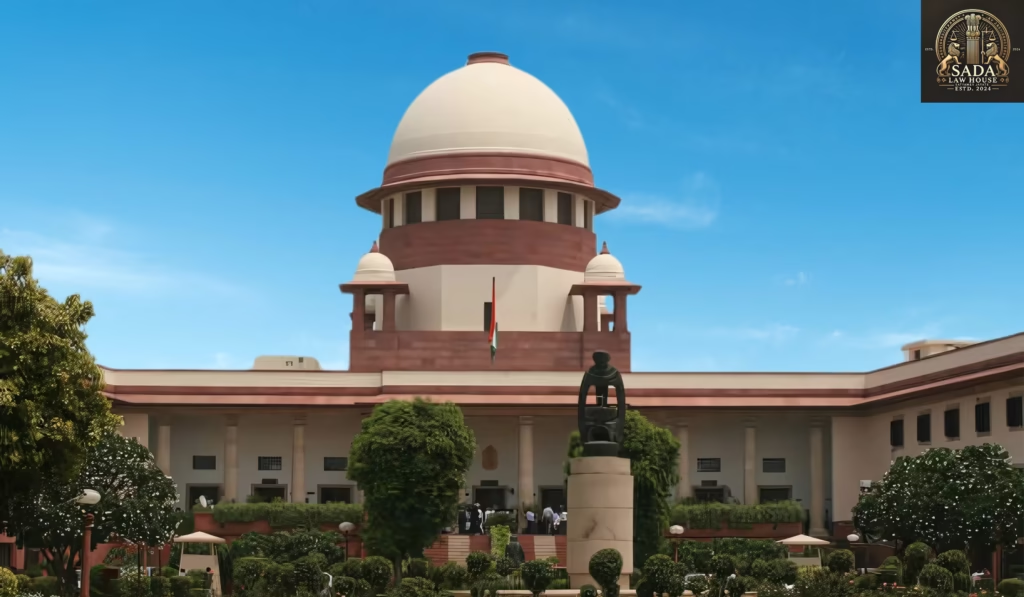Supreme Court Acts Against ED Summons to Lawyers: Upholding Legal Privilege and Professional Freedom
Trending Today Supreme Court Acts Against ED Summons to Lawyers: Upholding Legal Privilege and Professional Freedom Supreme Court of India Upholds Amicable Separation as Valid Outcome of Mediation in Matrimonial Cases Delhi High Court Orders ₹65.9 Crore Transfer to Canada in Cross-Border COVID-19 Fraud Case Supreme Court Upholds Karnataka Doctor Transfers, Reinforces Equity in Government Postings Bombay High Court Grants Bail to Nine in Nagpur Riots Case, Denounces Mob Justice Supreme Court Reviews Contempt Plea Over Chandigarh UT Quota Conversion in NEET-PG Admissions Supreme Court of India Upholds Lawyer-Client Privilege and Legal Profession Autonomy in Landmark Ruling Madras High Court Awards ₹10 Lakh for Illegal Detention, Reinforces Right to Liberty Supreme Court Clarifies Dowry Death Law: Presumption Only if Dowry Demand Proven Delhi High Court: Social Media Users Liable for Defamation, Freedom of Speech Has Limits Supreme Court Acts Against ED Summons to Lawyers: Upholding Legal Privilege and Professional Freedom KASHISH JAHAN 27 June 2025 The Supreme Court of India takes suo motu cognizance of ED summons to lawyers, defending legal ethics, lawyer-client privilege, and professional freedom. Learn about this pivotal moment for India’s legal system. Supreme Court Steps In: Suo Motu Action on ED Summons to Lawyers In a landmark move to safeguard the legal profession and uphold constitutional rights, the Supreme Court of India has taken suo motu cognizance of the Enforcement Directorate (ED) summoning senior advocates over legal advice rendered to clients. The bench, comprising Justice K.V. Viswanathan and Justice N.K. Singh, expressed serious concerns about what it called a growing and troubling pattern by investigative agencies. ED’s Summons to Senior Advocates Sparks Controversy This judicial scrutiny follows the ED’s issuance of summons to leading senior advocates like Arvind Datar and Pratap Venugopal. The summons were related to legal opinions provided in their professional capacity. The Supreme Court labeled this practice as “prima facie untenable,” stressing that lawyer-client privilege must be respected. Legal professionals must be able to advise clients freely, without the looming threat of criminal investigations. Defending Legal Representation and Constitutional Freedoms Legal experts see this intervention as a pivotal moment for India’s judicial landscape. It addresses essential constitutional safeguards such as: The right to legal representation Professional independence of lawyers Protection under Article 19(1)(g) of the Constitution of India The bench warned that undermining these protections could lead to lasting damage to the country’s justice system. Implications for Investigative Powers and Legal Safeguards This suo motu action could reshape the boundaries between investigative authority and professional legal rights. The Court’s move hints at potential stricter guidelines to prevent overreach by agencies like the ED when engaging with members of the legal community. Legal professionals and constitutional scholars are now closely watching what could become a landmark precedent in the battle to uphold professional ethics and judicial independence in India. Leave a Reply Cancel Reply Logged in as Sada Law. Edit your profile. Log out? Required fields are marked * Message* Live Cases Supreme Court Acts Against ED Summons to Lawyers: Upholding Legal Privilege and Professional Freedom Sada Law • June 27, 2025 • Live cases • No Comments Supreme Court of India Upholds Amicable Separation as Valid Outcome of Mediation in Matrimonial Cases Sada Law • June 27, 2025 • Live cases • No Comments Delhi High Court Orders ₹65.9 Crore Transfer to Canada in Cross-Border COVID-19 Fraud Case Sada Law • June 27, 2025 • Live cases • No Comments 1 2 3 … 5 Next »



